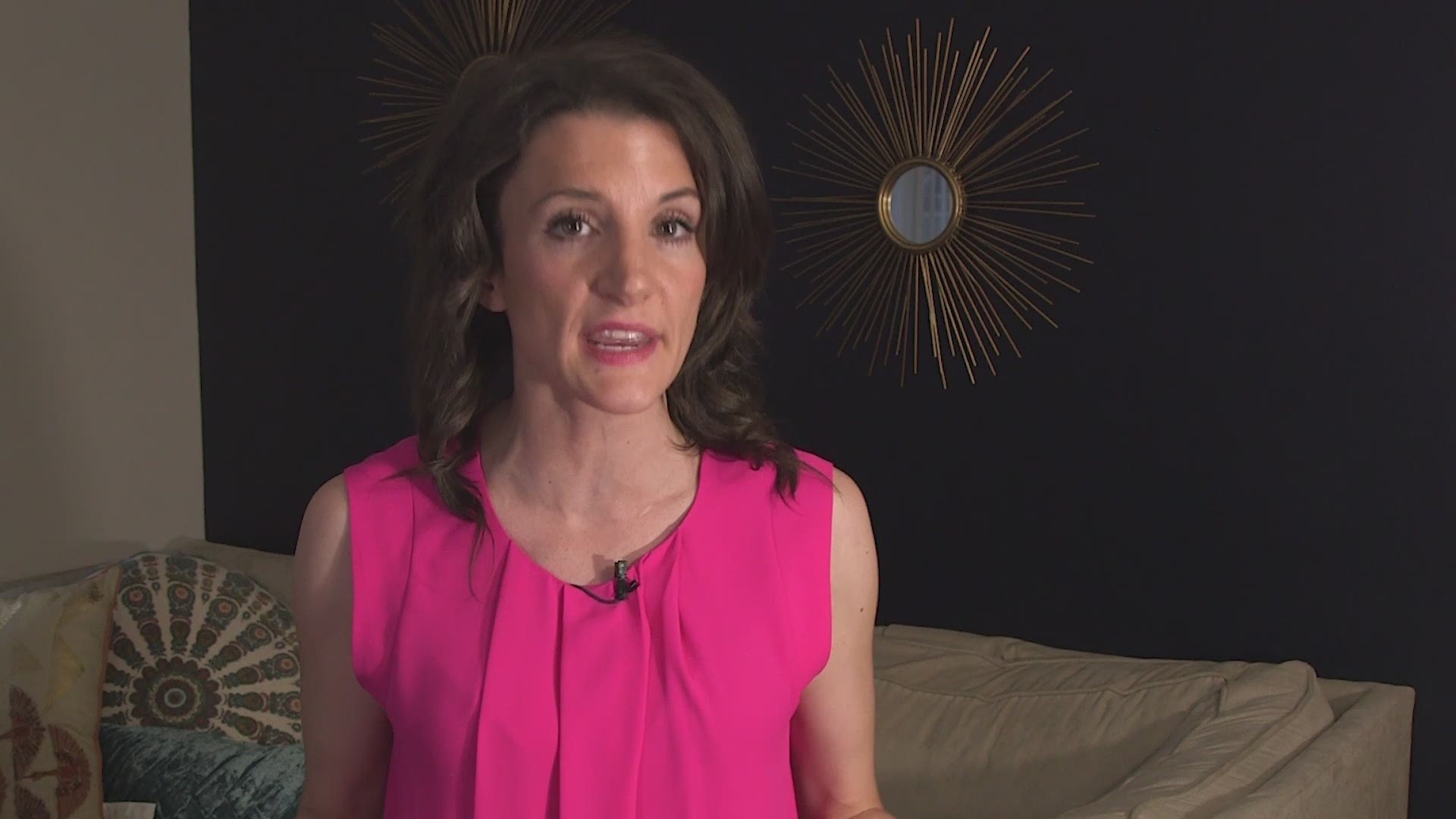AMES, Iowa —
As the owner of a small cattle and calf operation in Ames, David Bruene receives one check a year, and it comes in the Fall when he makes his sale. So he's got a few months until he'll be able to fully realize how COVID-19 may impact his business.
"There's just a lot of uncertainty right now for us," said Bruene.
Another uncertainty for him right now is whether or not the new Coronavirus Food Assistance Program (CFAP) may provide him with substantial relief.
The Coronavirus Food Assistance Program will provide $19 billion in immediate relief in two ways.
The USDA will purchase $3 billion in farm-fresh crops, produce, and meats to package and deliver to food banks and other non-profits that serve Americans suffering from food insecurity.
Then $16 billion will be available for farmers to apply for.
Tuesday after President Trump's announcement, Bruene started looking into how much money he could qualify for, admitting that applying for financial relief is uncharted territory for many farmers like him.
"For a lot of us, this will be the first time that we've ever probably even set foot into a [Farm Service Agency] office," said Bruene. "It's gonna be a whole new learning curve for the state's cow/calf industry as well as our feed lot industry on how to sign up for a government program."
For now, the USDA is providing information for farmers at farmers.gov/CFAP.
Applications open next Tuesday, May 26 and will be open through August 28. To apply, farmers must enter information into a payment calculator on the USDA's website. (A video on how to apply is shown below.)
Bruene says he plans on taking a more in-depth look at how CFAP could help him and will consider applying, saying he believes it will help a lot of small-scale cattle farmers throughout Iowa.
However, after looking at the program, some are concerned that it may not provide adequate financial relief for farmers of large-scale operations.
Joseph Kerns, president of an agriculture consulting farm in Ames, noted thatwhile farmers of small-scale operations could benefit from CFAP, the payment caps included in the plan could leave out large producers.
"This will certainly help, but it is not the solution that we just kind of wash our hands and walk away from," said Kerns. "If we take a look at the units produced-- because the larger farmers do tend to produce more of the product just because of the nature of the scale--then it doesn’t help out those individuals or the employees that work with them."
Iowa Secretary of Agriculture Mike Naig acknowledged that there can be no one-size-fits-all approach to make up for the loss of all Iowa farmers.
"This will never make our producers whole," said Secret"ary Naig. "It will never totally compensate them for the losses that they’ve experienced through this and will experience for the next coming months."
However, Secretary Naig says he's very thankful to the Trump administration for taking what he believes is swift action to bring aid to not only Iowa farmers, but Iowans who rely on food pantries.
"We appreciate the Trump administration moving to get support to producers to implement these purchasing programs," said Naig. "The USDA purchasing surplus food that otherwise would have gone to food service...great product that’s out there will be purchased by the USDA and then used to help food-insecure Americans."
Naig said he believes that there's still room for relief for farmers in other sectors, such as egg and turkey farmers, as well as farmers who may need to euthanize animals.
"There's more support that’s needed particularly for our livestock producers to help offset some of those disposal costs if we have to take action to euthanize animals because of the processing disruption," said Naig.
To learn more about how to apply and who qualifies, visit https://www.farmers.gov/cfap.

